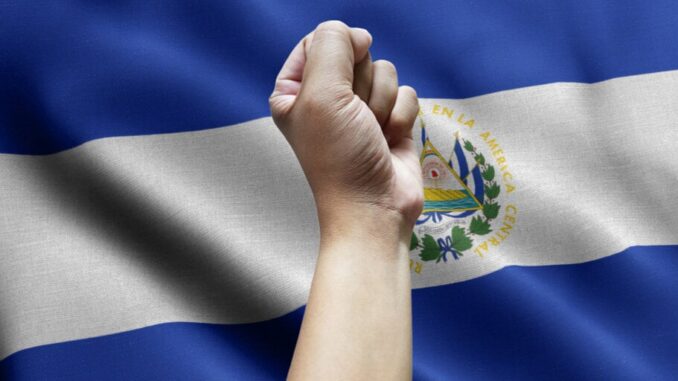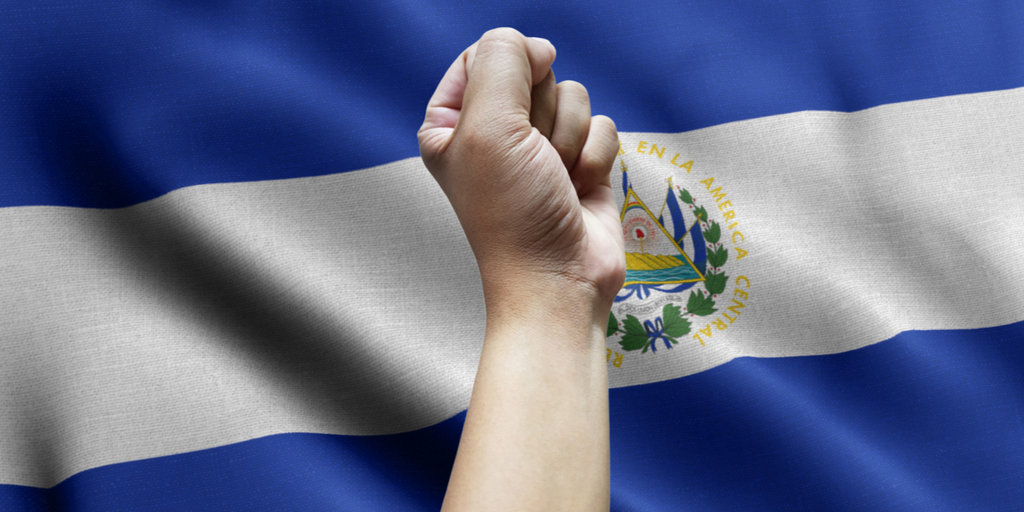
[ad_1]

El Salvador’s government has announced a visa program offering foreigners a passport and residency if they invest $1 million in Bitcoin or Tether into the tiny Central American country.
The “freedom visa” program is for high net worth individuals or investors who want to be part of “a commitment to building the country of the future,” according to the government’s webpage.
Salvadoran president Nayib Bukele also posted the announcement on X—formerly Twitter—on Thursday. The program is in partnership with Tether, the company behind the stablecoin USDT.
The government’s website reads: “El Salvador has been reborn as the land of economic liberty. But this is just the beginning. Come help us build the future you want to see.”
El Salvador’s idea is what is known as a “golden visa” program. Countries around the world—such as Spain, Portugal, and Ireland—reward people with visas for making generous investments.
Stablecoin issuer Tether on Thursday said that the program would help establish El Salvador “as a dynamic global center for cutting-edge technology and financial innovation.”
The company’s USDT product is the most-traded cryptocurrency and is pegged to the U.S. dollar—making it a digital token that’s been widely used by traders.
Tether has worked with the Salvadoran government before: It helped make Lugano, Switzerland a crypto hub, and invested $1 billion in the country for a renewable energy Bitcoin mining initiative.
The visa plan will work by inviting 1,000 applicants per year to make a $1 million crypto donation to the nation which will be used for “economic development, cultural enrichment and social programs meant to achieve maximum economic development and rebirth.”
Applicants will then be rewarded a passport and residency.
El Salvador made Bitcoin legal tender in the country in 2021. Businesses are legally obligated to accept the cryptocurrency if they have the technological means to do so.
The country’s president Nayib Bukele came up with the idea and has also used the country’s coffers to buy the virtual coins. His idea has been slammed by the U.S. government and economists. And in May, when BRC-20 tokens skyrocketed in popularity on the Bitcoin network, some pointed out that Salvadorans would not be able to use the asset to make everyday transactions.
But Bukele earlier this week took a victory lap on social media to say the recent BTC rally has helped El Salvador see its holdings become profitable. Despite the Bitcoin adoption being a controversial idea, there is no doubt that Bukele is a popular leader: Salvadorans praise him for cleaning up the formerly crime-ridden and murderous country.
But human rights groups have criticized him for a harsh crackdown on gangs, with Amnesty International this week alleging a “highly repressive security policy and the weakening of the rule of law.”
Edited by Stacy Elliott.
Stay on top of crypto news, get daily updates in your inbox.
[ad_2]
Source link




